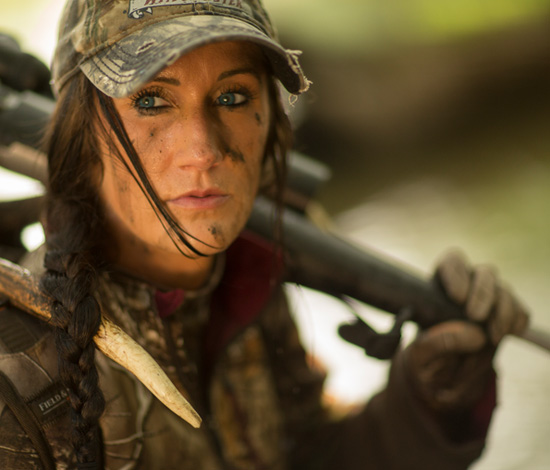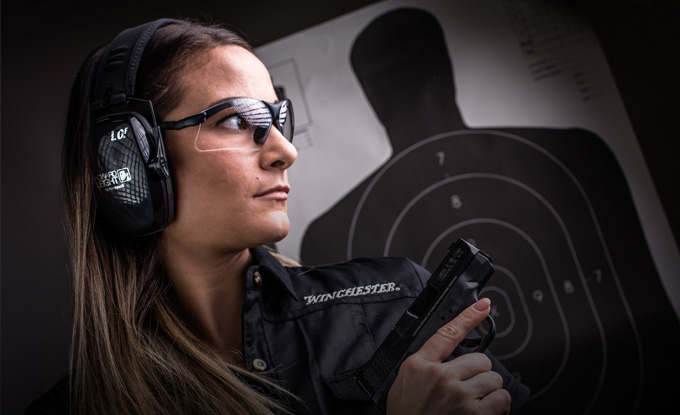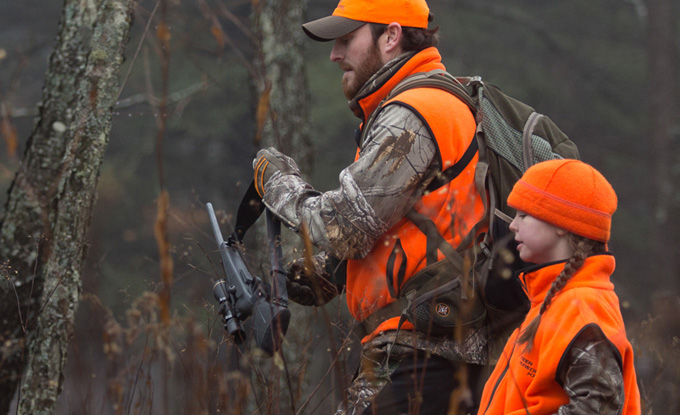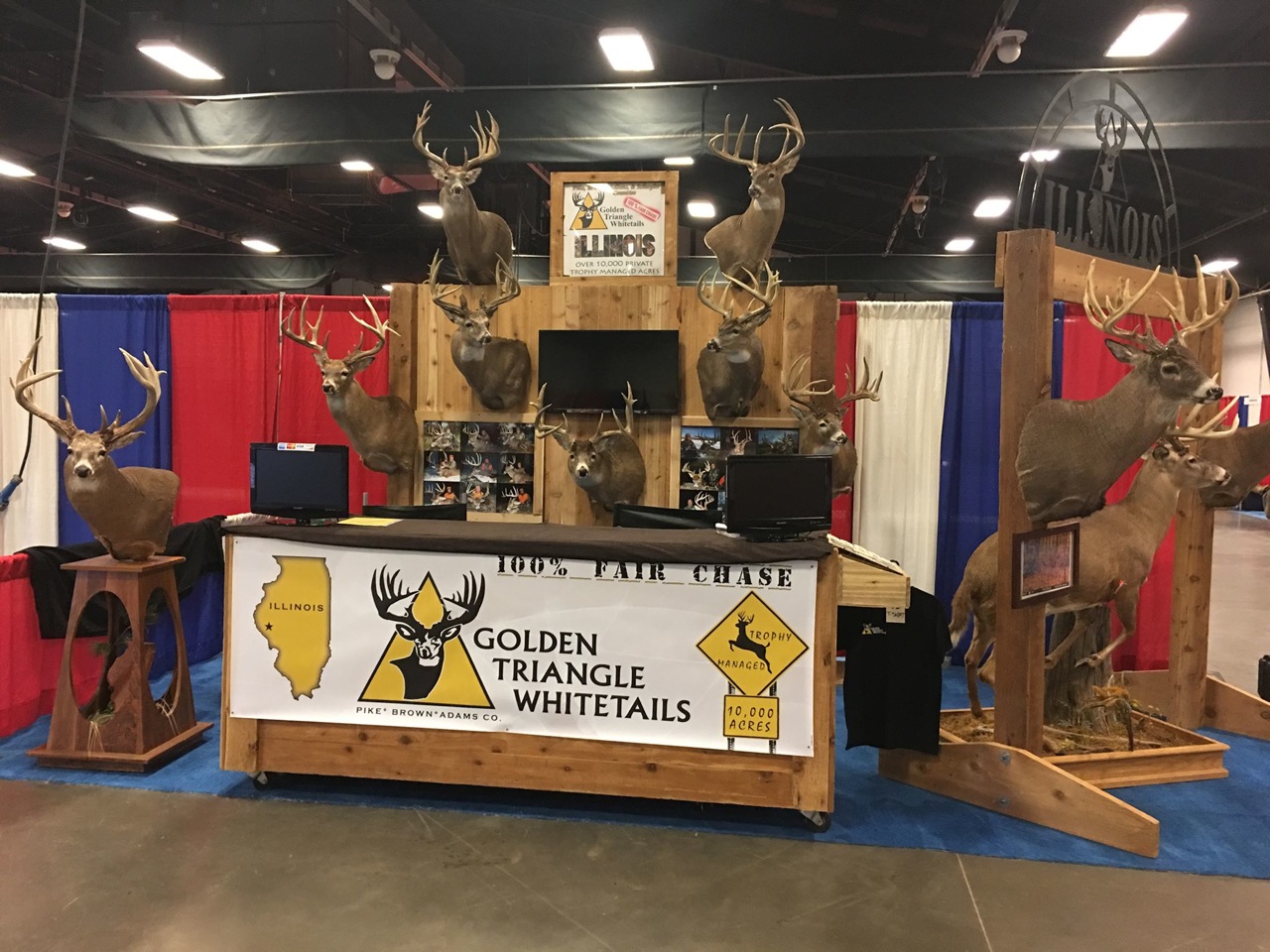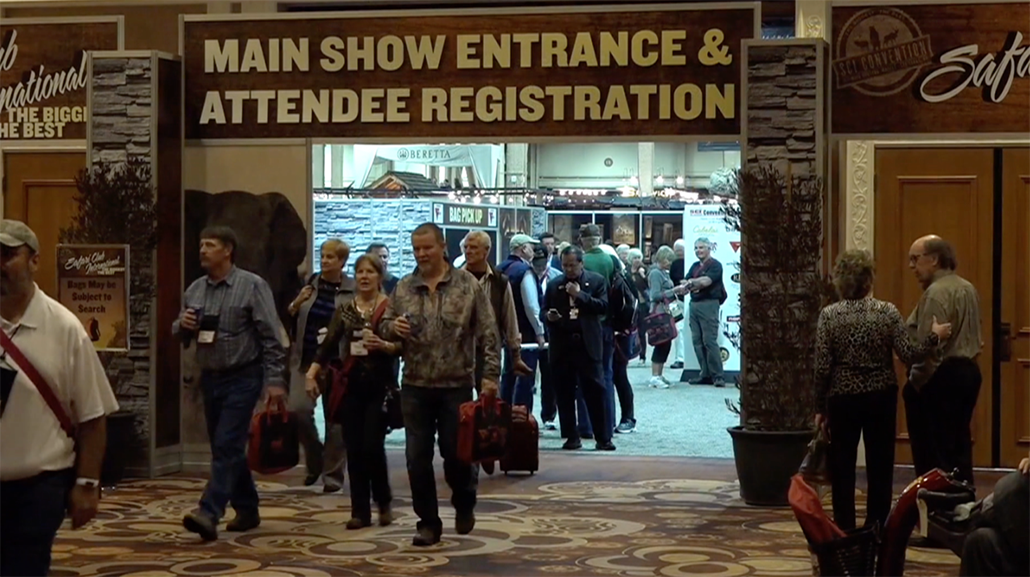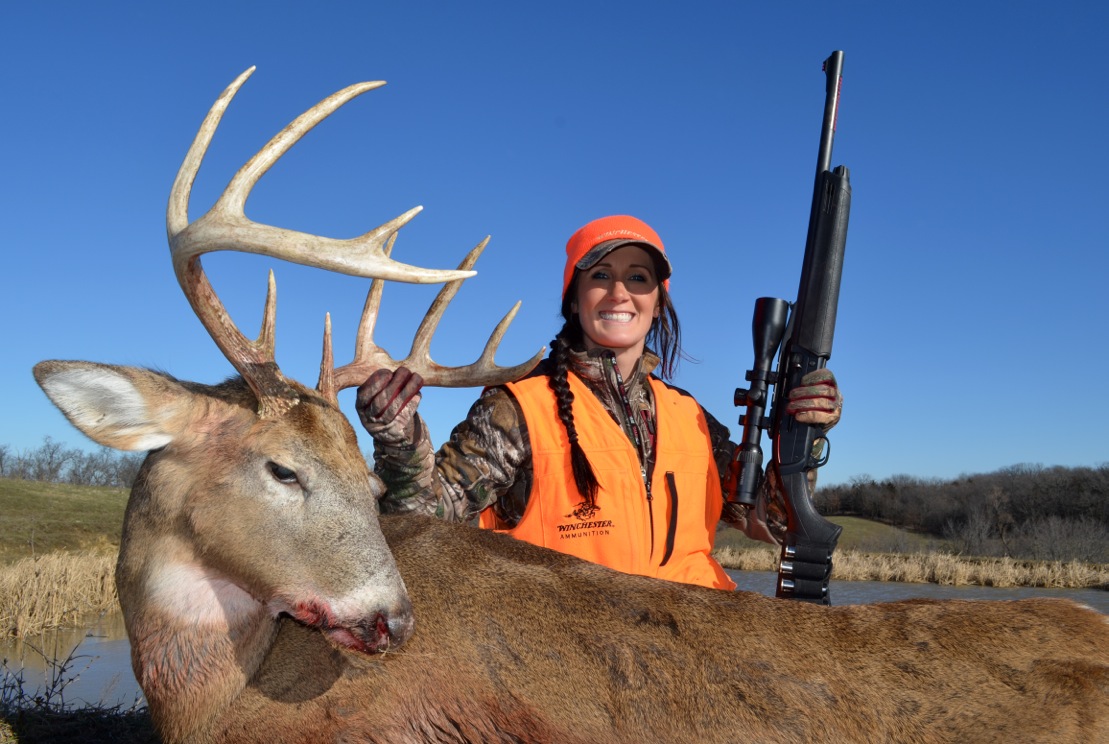Critical Questions to Ask When Booking a Hunt
Now is a good time to start thinking about upcoming opportunities and hunt locations with outfitters
I can’t count the number of times people ask for advice on this topic so I decided to write a blog about it addressing what I do and have learned to ask over time.
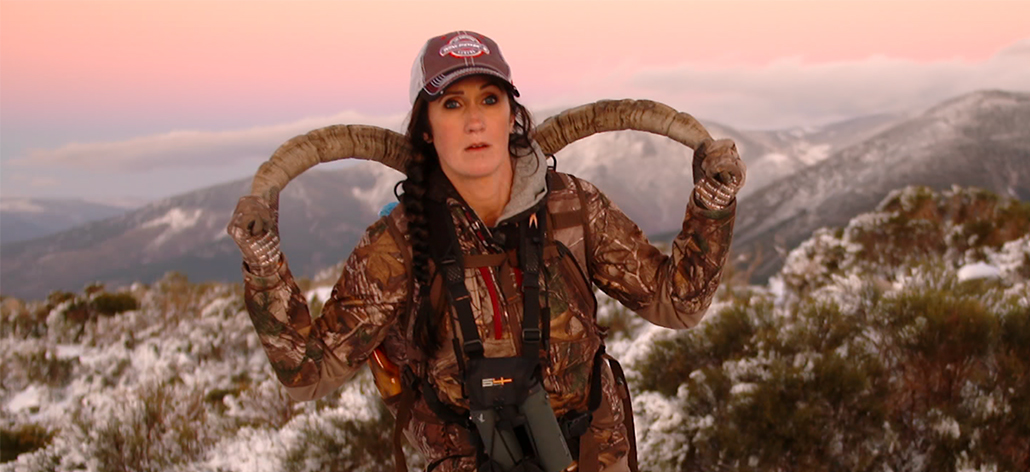
Many believe that someone magically books my fall and I go to all the best places and simply show up. That couldn’t be further from the truth. I go to trade shows, use recommendations just like anyone else and book every single trip on my own for the upcoming season. Don’t get me wrong, I absolutely love doing this but it can be very difficult at times. Just like anyone who has done numerous guided hunts, some will be better than others. Sometimes there is nothing that could have been done different. Sometimes, when hunting fair chase animals, they sometimes just don’t cooperate. Other times, the weather may throw you for a loop and then there are times where people are simply ill-prepared or sold you a bag of goods. All this can happen, but here are some ways I’ve found that help avoid as much of the bad luck as possible.
1.) Ask a lot of questions and document answers via email, messenger, etc.
2.) Look back at more than just one or two years’ worth of photos. Long track records of success are great.
3.) Ask around and get advice from fellow hunters on good places to hunt a specific animal and do your research.
4.) Meet the outfitters in person at shows.
5.) Ask for references from people who have both been successful and unsuccessful.
6.) Have emails outlining exactly what is covered; ie., transportation, tags, processing, etc.
7.) Understand that exporting animals from overseas will get expensive.
8.) Ask about bringing guns into other countries and permits needed.
9.) Determine rules for hunt. Can you back out deposit refund?
10.) Ask if you’ll be hunting private or public ground.
11.) Find out if the guides are allowed to hunt as well, no need for extra competition.
12.) Understand accommodations and be prepared for this. Maybe large camp where bunking with others, could be a tent camp with very limited amenities.
13.) Get a gear list of recommended gear from the outfitter.
14.) Ask about weight restrictions on gear to avoid big fees for float plane type trips.
15.) Get information about processing your meat, shipping it home, who capes the animal, trophy preparation.
16.) Have tag/license all discussed before arrival in case something else needs to be purchased in town or online.
17.) Figure out how much land they have at their disposal to hunt and how this is split between other hunters in camp.
18.) Ask about any trophy fees on large animals or minimums on small animals.
19.) If you’d like to have a non-hunter accompany the trip, ask about fees. Some charge for having another person with you, others don’t.
20.) Additional fees to get meat from field either via plane or extra packers? For example, many moose hunts require an extra flight or two in and out for your meat and this is often an added fee.
21.) Ask for trail cam photos if available prior to your arrival, also ask about seeing past pics from other years.
22.) Shot opportunity vs success rate. No outfitter can close the deal for clients, but how many actually had their bow at full draw or an animal in their crosshairs they could have shot.
23.) What makes them different than their competition?
24.) What’s their re-book rate? If they’re booked up and hard to get into this is usually a good thing!
25.) How many hunters do they take per year? How much pressure will there have been prior to your arrival?
26.) Ask the outfitter if they’ve ever been in legal trouble or had game violations.
27.) Ask if getting a land owner voucher for the animal is this an added cost or part of the package.
28.) Ask about blaze orange requirements so you have the right gear.
29.) Have a copy of the hunting regs from that state with you as every state is different.
30.) Ask about type of hunt, is it spot and stalk, treestands, ground blinds, etc.
Those are some of the most important questions I’ve come to ask. Communication is key and knowing what the hunt is all about before arriving is helpful so there are minimal surprises. Another key element is to find out when the peak time is in that location is and determine if you can be there during that window. For example, even if it’s a full moon or hot weather, if you’re hunting Illinois whitetails in mid-November it’s usually going to be pretty amazing. Elk hunting can be hit or miss as well and hot rainy weather can have a huge impact. But again, if you can get in on a mid Sept hunt when the bulls are screaming usually it’s pretty incredible regardless. Sometimes the prices are too high during that period or maybe it doesn’t work with your schedule, but I always like to at least be aware of when the best time is and choose my time frame accordingly.
In the end, remember that every day hunting is an amazing day and to kick back, relax and enjoy the experience. There’s bound to be bumps in the round but try to enjoy it and you’ll be surprised at how much fun you can have in a new area.
Follow Winchester’s social media channels for more hunting and shooting tips and updates on Winchester supported events and promotions on Facebook, YouTube, Instagram and Twitter.
